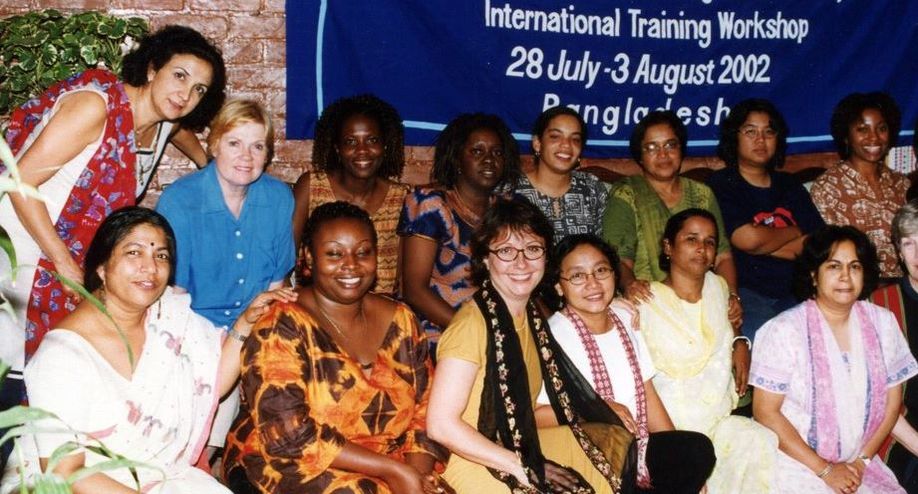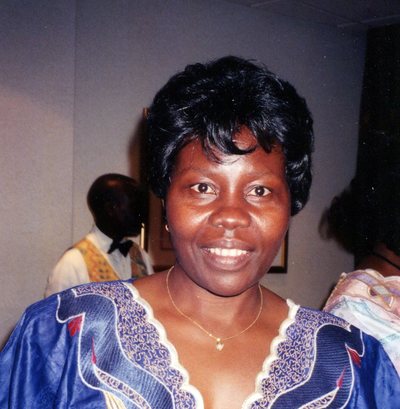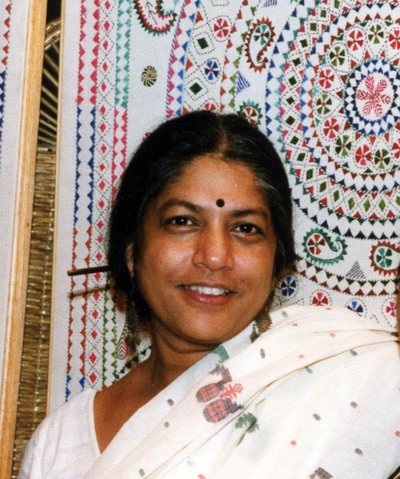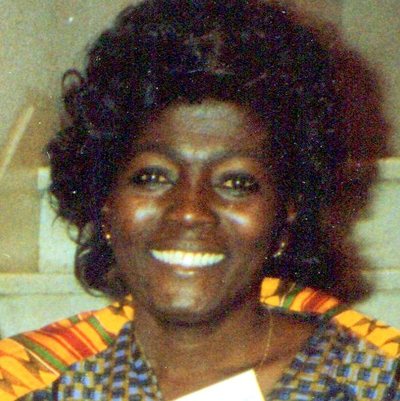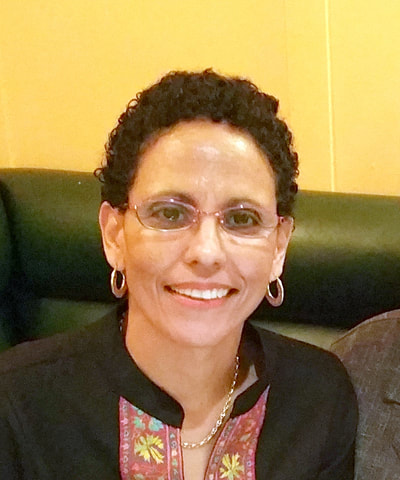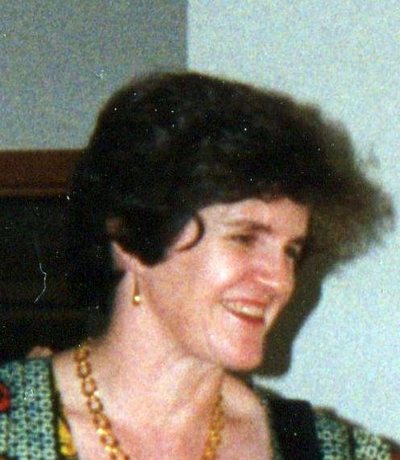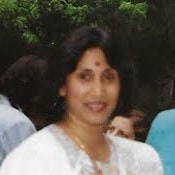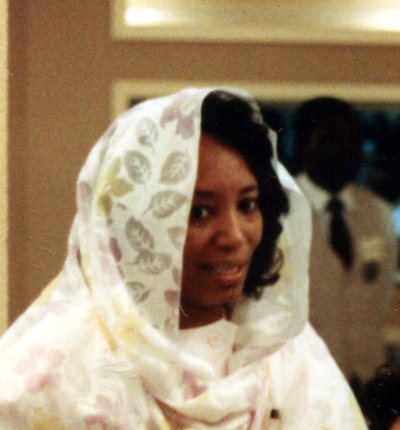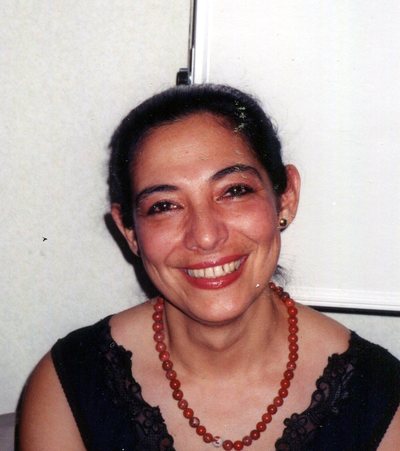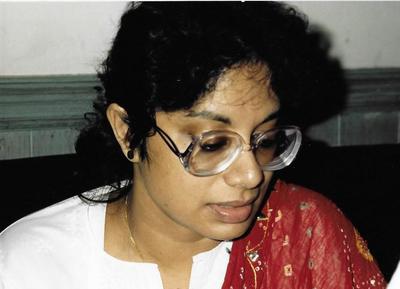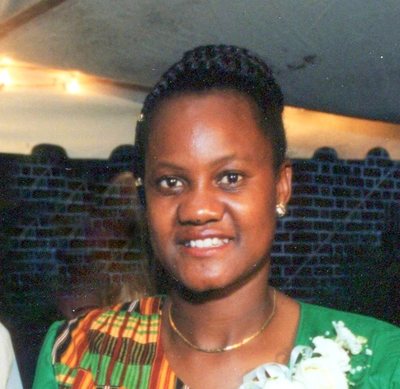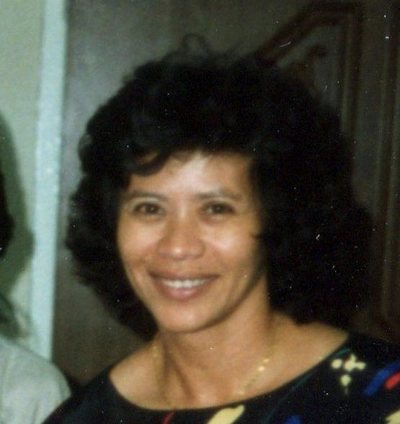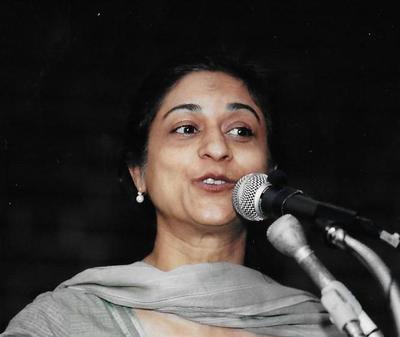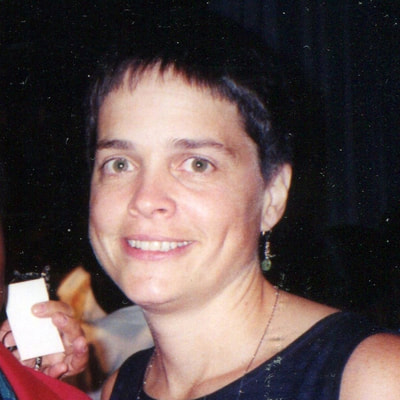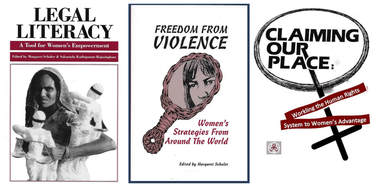
©
Margaret Schuler
Adopted and Maintained by PARTNERS FOR LAW IN DEVELOPMENT (PLD INDIA)
as part of the digital Feminist Law Archives
Adopted and Maintained by PARTNERS FOR LAW IN DEVELOPMENT (PLD INDIA)
as part of the digital Feminist Law Archives
WLD/OEF to WLDI
In the course of developing the autonomous regional Women, Law and Development organizations, it became apparent that an international, interregional expression of WLD was also relevant and could complement the work being done regionally. Women, Law and Development International (WLDI) became this expression. Its board of directions was drawn from among the women who were part of the global women's rights network. These members, with strong connections to work being carried out in Asia, Africa and Latin America, gave guidance to the new international organization.
Board Members, 1993
|
Florence Butegwa (Uganda), Regional Director, WILDAF
Shireen Huq (Bangladesh), Women Rights Activist, Naripokko Akua Kuenyehia, Ghana, Law School Dean, University of Ghana Roberta Clarke, Women's Rights Advocate, Trinidad and Tobago Irina Mouleshkova, Women's Rights Advocate (Bulgaria) Judy Lyons Wolf (USA), Director, Women's Law and Public Policy Fellowship Program, Georgetown Law School, Sakuntala Rajasingham, Sri Lanka, Women's Rights Advocate Asma Abdel Haleem, Sudan/USA, Women's Rights Advocate. |
Gladys Acosta Vargas, (Peru) Women's Rights Advocate
Radhika Coomaraswamy (Sri/Lanka) International Center for Ethnic Studies Athaliah Molokomme (Botswana) Women's Rights Advocate Noeleen Heyzer Singapore/USA) Director Women's Programme APDC Asma Jahangir (Pakistan) Director, Human Rights Commission of Pakistan Sonia Picado Sotella (Costa Rica), Director, InterAmerican Institute for Human Rights Willie Campbell (USA), OEF International Nancy Duff Campbell (USA) National Women's Law Center Dorothy Q. Thomas (USA) Human Rights Watch |
Later, as some members went off the board, new members were added, including:
Nursyahbabi Katsasungkana, of Indonesia, Marina Pisklskova, of Russia, Helen Kijo-Bisimba of Tanzania and Joe Eldridge of the USA.
Nursyahbabi Katsasungkana, of Indonesia, Marina Pisklskova, of Russia, Helen Kijo-Bisimba of Tanzania and Joe Eldridge of the USA.
WLDI, through its international board of directors, represented a coming together of individuals from activist organizations, research institutions, advocacy and human rights groups throughout the world. It drew on their experiences for inspiration and direction. Respecting the autonomy of the regional WLD organizations, WLDI saw its role as collaborating with (but not coordinating) the global "women, law and development” network and supporting or responding to initiatives coming from any sector of the network.
Purpose
Continuing the commitment to the defense and promotion of women's rights globally, the new expression of WLD sought to mobilize advocates, activists, key thought leaders and researchers in order to:
- Advance awareness and build global consensus about the gender dimensions of rights;
- Clarify the role of law and its potential as a tool for women's empowerment;
- Articulate and consolidate international strategies in defense of women's rights;
- Hone the legal and political skills of advocates for women's rights;
- Promote favorable UN and governmental policies affecting women's rights; and
- Expand and strengthen the women's rights network to make it an effective international force.
WLD International
Empowering Women to make the
law relevant and real in their lives
law relevant and real in their lives
Program
WLDI envisioned its programs to be distinguished by three components:
- Research on critical issues in order to clarify problems, approaches, frameworks, and strategies relevant to promoting women's rights;
- Training and Capacity Building, based on research and supported by targeted training tools to support women's rights advocates in designing and carrying out strategies;
- Advocacy before UN and governmental bodies to support policies favorable to women's rights.
Challenges
Women, Law and Development International existed as an organization until about 2005.
The story of its demise will be treated in another section of this narrative. At this point, it is useful to note the challenges we faced as a start-up international entity.
Any group functioning as an international organization has unique challenges. Communication among its directors is essential, particularly in the form of face-to-face meetings to set agendas and oversee management. Start-up entities, unless they are linked--which we were not--to other long-standing institutions like universities or political parties that have endowments, face the double challenge of finding funding sources for is programs and also its operational requirements. The quality of the women who agreed to be directors of WLDI was outstanding. And their input about what we should become was visionary. But the costs of gathering members from as for away as Uganda, Bangladesh and Peru was considerable. We could never justify such costs from the funding we had, yet such meetings were necessary. Instead, we had to rely on (once again) piggy-backing on other gatherings that did count on travel funds for their participants--which often included our board members. Our meetings, therefore, often coincided with UN meetings, such as the 1993 UN Human Rights Conference in Vienna, the annual March meeting of the UN Commission on the Status of Women, or others. Doing so, required a certain amount of creative maneuvering, but we managed to do so. (Here is a list of WLD donors over the years.)
The other challenge was figuring out how to be cooperative and not competitive with other organizations in the international women's rights movement. Organizations treasure their autonomy and do not want to be seen as subsumed by other organizations, even those with which they have affinity. Therefore, it was imperative for WLDI to be sensitive to and respectful of this dynamic, while providing substantive contributions to the work.
The following pages describe WLDI's collaborative research processes and outcomes contributing to women's rights efforts globally from 1990 to 2005.
The story of its demise will be treated in another section of this narrative. At this point, it is useful to note the challenges we faced as a start-up international entity.
Any group functioning as an international organization has unique challenges. Communication among its directors is essential, particularly in the form of face-to-face meetings to set agendas and oversee management. Start-up entities, unless they are linked--which we were not--to other long-standing institutions like universities or political parties that have endowments, face the double challenge of finding funding sources for is programs and also its operational requirements. The quality of the women who agreed to be directors of WLDI was outstanding. And their input about what we should become was visionary. But the costs of gathering members from as for away as Uganda, Bangladesh and Peru was considerable. We could never justify such costs from the funding we had, yet such meetings were necessary. Instead, we had to rely on (once again) piggy-backing on other gatherings that did count on travel funds for their participants--which often included our board members. Our meetings, therefore, often coincided with UN meetings, such as the 1993 UN Human Rights Conference in Vienna, the annual March meeting of the UN Commission on the Status of Women, or others. Doing so, required a certain amount of creative maneuvering, but we managed to do so. (Here is a list of WLD donors over the years.)
The other challenge was figuring out how to be cooperative and not competitive with other organizations in the international women's rights movement. Organizations treasure their autonomy and do not want to be seen as subsumed by other organizations, even those with which they have affinity. Therefore, it was imperative for WLDI to be sensitive to and respectful of this dynamic, while providing substantive contributions to the work.
The following pages describe WLDI's collaborative research processes and outcomes contributing to women's rights efforts globally from 1990 to 2005.
|
Continue on to
|

